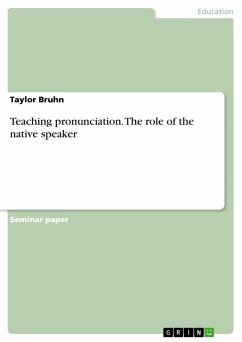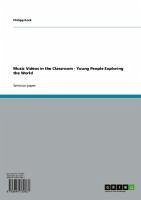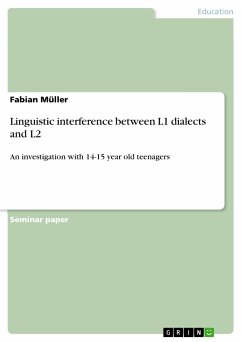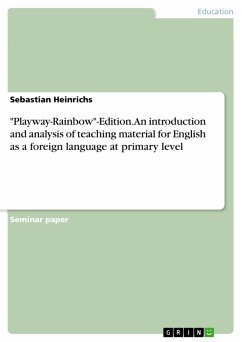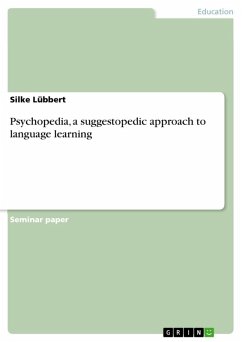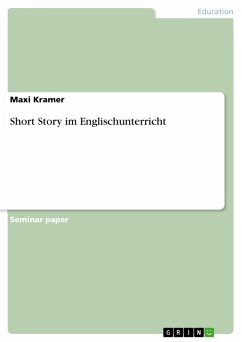Seminar paper from the year 2009 in the subject Didactics - English - Pedagogy, Literature Studies, grade: 2,0, University of Augsburg (Phil-Hist Fakultät), course: Teaching and Learning English Pronunciation, language: English, abstract: In the course of the last three decades a whole new prominence has been granted to the significance of foreign language (FL) learning. Due to the recent development of globalization, further emerging of multi-national enterprises and the coalescence of the European Union, this appears to be the logical consequence. Because of its nowadays widely accepted status as a lingua franca (Acar 2006) the learning and teaching of English as the most frequently spoken second language has gained importance - in Germany as well as in most industrialized countries speaking prevalently another first language (L1). In the recent past, since the end of the 19th century, changing trends have focused on different methods of language teaching, such as the ability to translate texts, correct use of grammar, or wide range of vocabulary. However, the teaching of English pronunciation finally has come back into the focus of interest since the second half of the 1980s due to the mentioned economic and social changes. Nowadays the ability to (net-) work internationally - and thus reach the "ultimate goal of communication with other speakers of the second language" (Brown 1994: 226) seems to be one of the highest goals of achievement of second language (L2) learning. During the time of almost one century of pronunciation teaching the attitude towards the issue has changed as well: as Chun (1991: 179) states in her article, the development started from a segmental and comparative sound repetition learning strategy, followed by a period of simply ignoring the topic completely from the 1960s to the early 1980s, leading finally to the up-to-date approach of teaching suprasegmentals, sentence intonation as well as other aspects of connected speech. The most current approach towards second language teaching lies, according to Neri, Cucchiarini and Strik (2006: 357), in "the achievement of communicative effectiveness". This means that learners do not necessarily have to eradicate the slightest traces of foreign accent in their productions of L2 speech but are trained to avoid serious pronunciation errors.
Dieser Download kann aus rechtlichen Gründen nur mit Rechnungsadresse in A, B, BG, CY, CZ, D, DK, EW, E, FIN, F, GR, HR, H, IRL, I, LT, L, LR, M, NL, PL, P, R, S, SLO, SK ausgeliefert werden.



